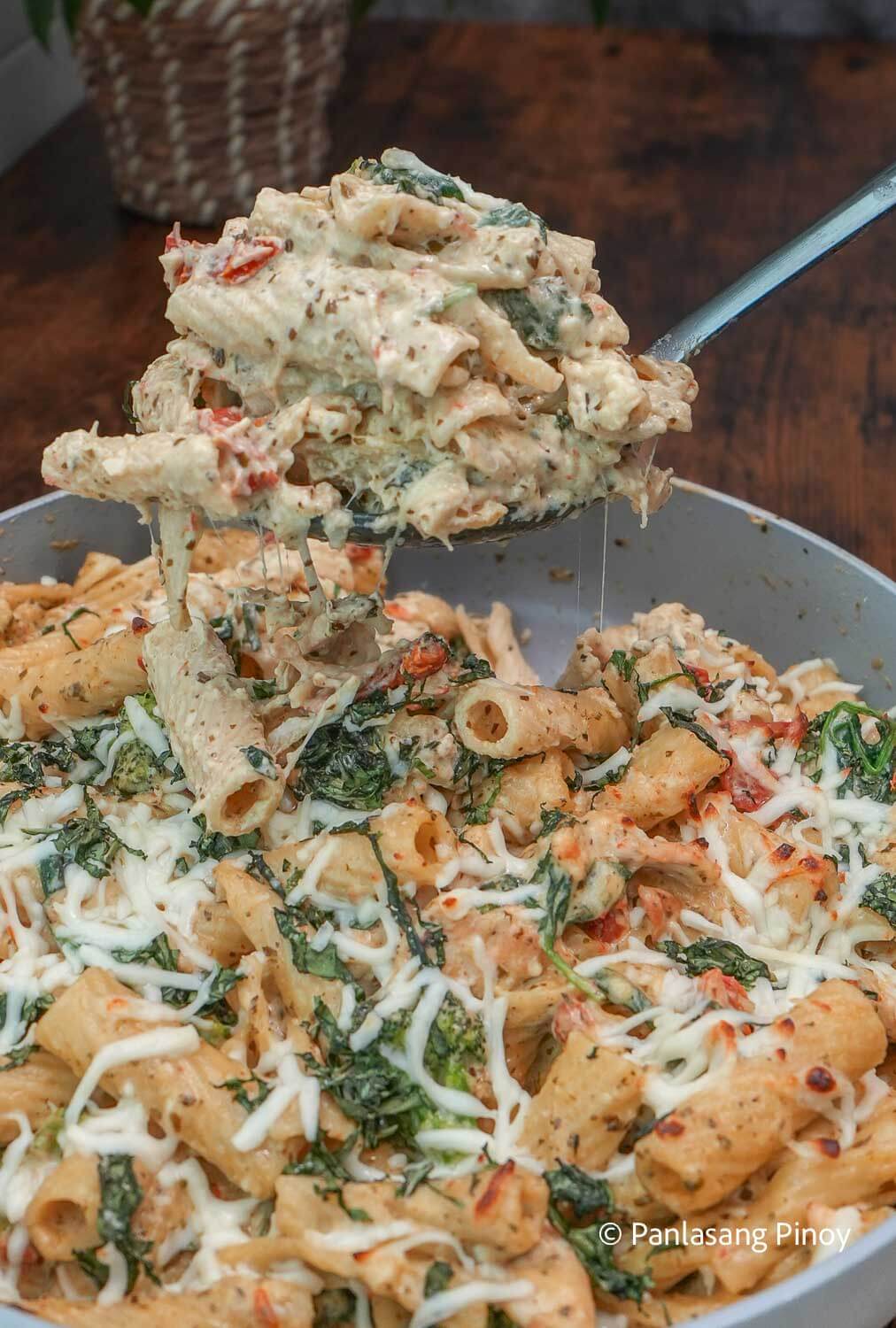Coco, coach part ways
Recency bias is often evident in sports, where past achievements matter little in terms of affecting current outcomes. True, the term “momentum” can be attributed in large measure to form and confidence brought about by a string of victories in their wake. That said, it is still no determinant for future success. Which is why […]

Recency bias is often evident in sports, where past achievements matter little in terms of affecting current outcomes. True, the term “momentum” can be attributed in large measure to form and confidence brought about by a string of victories in their wake. That said, it is still no determinant for future success. Which is why roller-coaster performances are typical in adrenaline-laced endeavors. Focus and determination need to be accompanied by a consistent translation of theory to practice.
Take, for instance, the 14-month stretch that Coco Gauff had with Brad Gilbert as her coach. She turned to the latter — a noted practitioner whose stable included Andre Agassi, Andy Roddick, and Andy Murray — after a frustrating first-round exit at Wimbledon last year, and she could not have been more pleased with the immediate results. She ended the season with a 22-1 bang capped by a United States Open singles title. Positive prognoses turned into semifinal-round stints at the Australian and French Opens, and then, lo and behold, into despondency following fourth- and third-round flameouts at the All England Club and Roland Garros, respectively.
For Gauff, the last straw came courtesy of her inability to move past the first week at the US Open. She was supposed to defend her title; instead, she exited with a whimper, coming up with 35% more double faults than winners to bid goodbye to Flushing Meadows in the Round of 16. That she suffered the indignity at the hands of fellow American and supposed underdog Emma Navarro, likewise her tormentor at Wimbledon, served only to add insult to injury. And just like that, her partnership with Gilbert came to an end.
If there’s any silver lining, it’s Gauff age. At 20, she’s practically a babe in the woods; her best is most definitely ahead of her. Still, she cannot but look to 2025 as a make-or-break year. For all her missteps, she continues to carry the weight of her potential; to whom much is given, much is expected. There’s no question that she has talent, and her skill set may well be elite. Unless and until she develops the mental fortitude required for protracted prosperity, however, ups and downs figure to be more the rule than the exception. Little wonder, then, that she’s turning elsewhere for help, with her fans hoping that she finally gets it — in more ways than one.
Anthony L. Cuaycong has been writing Courtside since BusinessWorld introduced a Sports section in 1994. He is a consultant on strategic planning, operations and human resources management, corporate communications, and business development.























